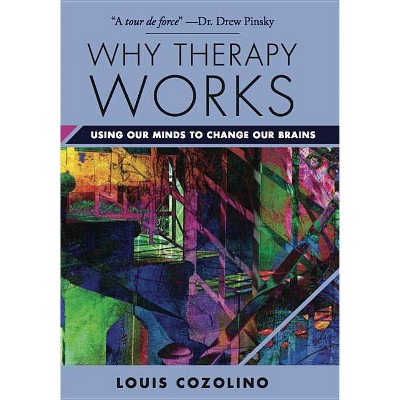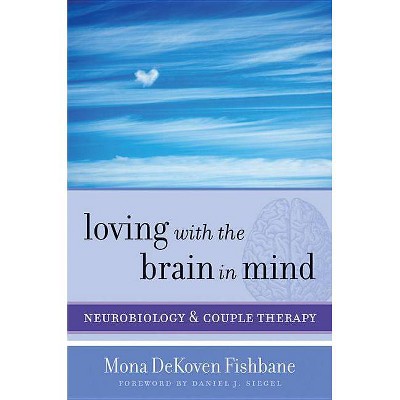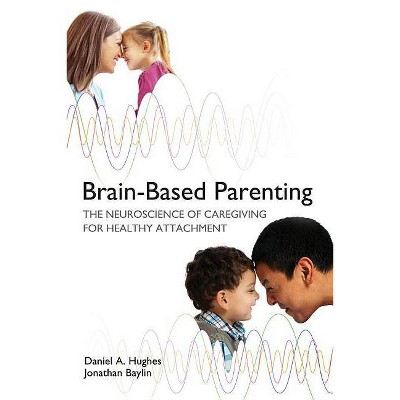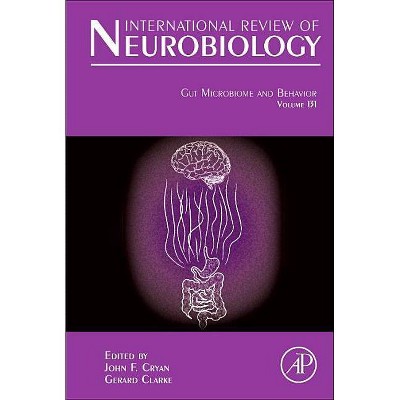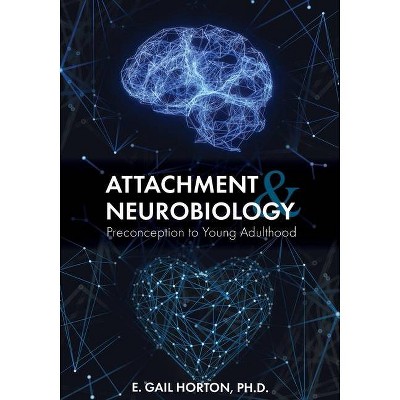Neurobiology and the Development of Human Morality - (Norton Interpersonal Neurobiology) by Darcia Narvaez (Hardcover)
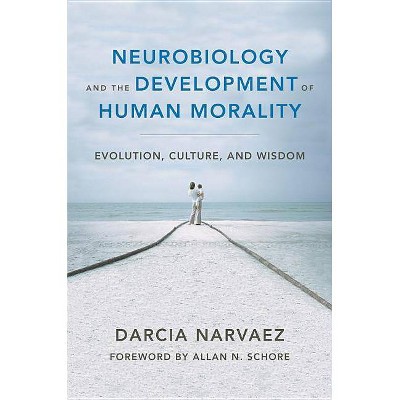
Similar Products
Products of same category from the store
AllProduct info
<p/><br></br><p><b> About the Book </b></p></br></br><strong>Winner of the Inaugural Expanded Reason Award: </strong> A wide-ranging exploration of the role of childhood experiences in adult morality<p/><br></br><p><b> Book Synopsis </b></p></br></br>Moral development has traditionally been considered a matter of reasoning--of learning and acting in accordance with abstract rules. On this model, largely taken for granted in modern societies, acts of selfishness, aggression, and ecological mindlessness are failures of will, moral problems that can be solved by acting in accordance with a higher rationality. But both ancient philosophy and recent scientific scholarship emphasize implicit systems, such as action schemas and perceptual filters that guide behavior and shape human development. In this integrative book, Darcia Narvaez argues that morality goes "all the way down" into our neurobiological and emotional development, and that a person's moral architecture is largely established early on in life. Moral rationality and virtue emerge "bottom up" from lived experience, so it matters what that experience is. Bringing together deep anthropological history, ethical philosophy, and contemporary neurobiological science, she demonstrates where modern industrialized societies have fallen away from the cultural practices that made us human in the first place.<br /><br /><em>Neurobiology and the Development of Human Morality</em> advances the field of developmental moral psychology in three key ways. First, it provides an evolutionary framework for early childhood experience grounded in developmental systems theory, encompassing not only genes but a wide array of environmental and epigenetic factors. Second, it proposes a neurobiological basis for the development of moral sensibilities and cognition, describing ethical functioning at multiple levels of complexity and context before turning to a theory of the emergence of wisdom. Finally, it embraces the sociocultural orientations of our ancestors and cousins in small-band hunter-gatherer societies--the norm for 99% of human history--for a re-envisioning of moral life, from the way we value and organize child raising to how we might frame a response to human-made global ecological collapse.<br /><br /> Integrating the latest scholarship in clinical sciences and positive psychology, Narvaez proposes a developmentally informed ecological and ethical sensibility as a way to self-author and revise the ways we think about parenting and sociality. The techniques she describes point towards an alternative vision of moral development and flourishing, one that synthesizes traditional models of executive, top-down wisdom with "primal" wisdom built by multiple systems of biological and cultural influence from the ground up.<p/><br></br><p><b> Review Quotes </b></p></br></br><br>[F]ascinating and compelling . . . . [A] must for any college or institutional library and a highly recommended read for practitioners interested in neuroscience and the wider implications of human behavior in society today.-- "Contemporary Psychotherapy" (3/17/2015 12:00:00 AM)<br><br>A masterfully written book with insights, fresh ideas, and important questions worthy of wide readership and influence. With a background taken from evolutionary biology and virtue ethics, the author integrates knowledge from a sweeping array of disciplines within biology, anthropology, and the developmental sciences to advance her compelling narrative about the human condition and what is needed today for healthy development and flourishing. Concluding appeals for more of an 'engagement ethic, ' becoming in balance with nature, and appreciating values from our indigenous cultures are graced with her personal experiences and poetically-toned positive advice.--Robert N. Emde, MD, Emeritus Professor of Psychiatry, University of Colorado School of Medicine; Centers for American Indian Alaska Native Health, Colorado School of Public Health (3/17/2015 12:00:00 AM)<br><br>Acknowledging advances in the intricate neuroscience of emotions and human communication, Darcia Narvaez illuminates the sympathy and moral sentiments upon which all our achievements depend. She shares her wealth of knowledge of how we must balance moral being and practical becoming in the cultivation of arts and sciences and, especially in education of youth, we should welcome playful enthusiasm for the discovery of meaningful skills. This book will guide researchers, teachers, and therapists to appreciate the foundations of their work.--Colwyn Trevarthen, PhD, Emeritus Professor of Child Psychology and Psychobiology, Department of Psychology, University of Edinburgh (3/17/2015 12:00:00 AM)<br><br>It will be an extremely useful textbook in philosophy, psychology, and interdisciplinary studies, as well as a good read for anyone interested in morality and its genesis.-- "Metapsychology Online Reviews" (3/17/2015 12:00:00 AM)<br><br>Narvaez offers so much material and information about the types of morality. . . . Understanding how each form of morality relates to the others and to early nurturing offers a sense of continuity. Narvaez concisely spells out the steps for healing and recovery, and I found myself devising ways to assist others to move beyond a stuck place of morality. By compiling so much information in a readable form, Narvaez offers therapists a wonderful gift. I recommend this book because it provides compelling and useful information in dealing with clients.-- "The Milton H. Erickson Foundation Newsletter" (5/1/2015 12:00:00 AM)<br>
Price History
Price Archive shows prices from various stores, lets you see history and find the cheapest. There is no actual sale on the website. For all support, inquiry and suggestion messages communication@pricearchive.us

